Today, Vilfredo Pareto is mostly remembered for his work on wealth distribution. (If you've ever invoked the 80/20 rule, you're echoing his original observation that 80% of Italian property was owned by 20% of the population.)
But he deserves to be better known for a few others.
But he deserves to be better known for a few others.

Pareto is credited with transforming economics from a branch of moral philosophy into a "data driven" enterprise. But when his mathematical models of society failed to predict how people would actually behave in the real world, he turned to sociology for explanations.
His seminal work "Trattato di Sociologia General" (published in English as "The Mind and Society") introduces a few theories which help to explain a great deal of the behaviour of both individuals and groups that still trip people up to this day.
The first of these relates to "non-logical conduct". In his investigations, Pareto noted that manifestly non-logical behaviour was often excused as logical by the people reporting on it, and surmised such behaviour must have social utility beyond its relation to the truth. 


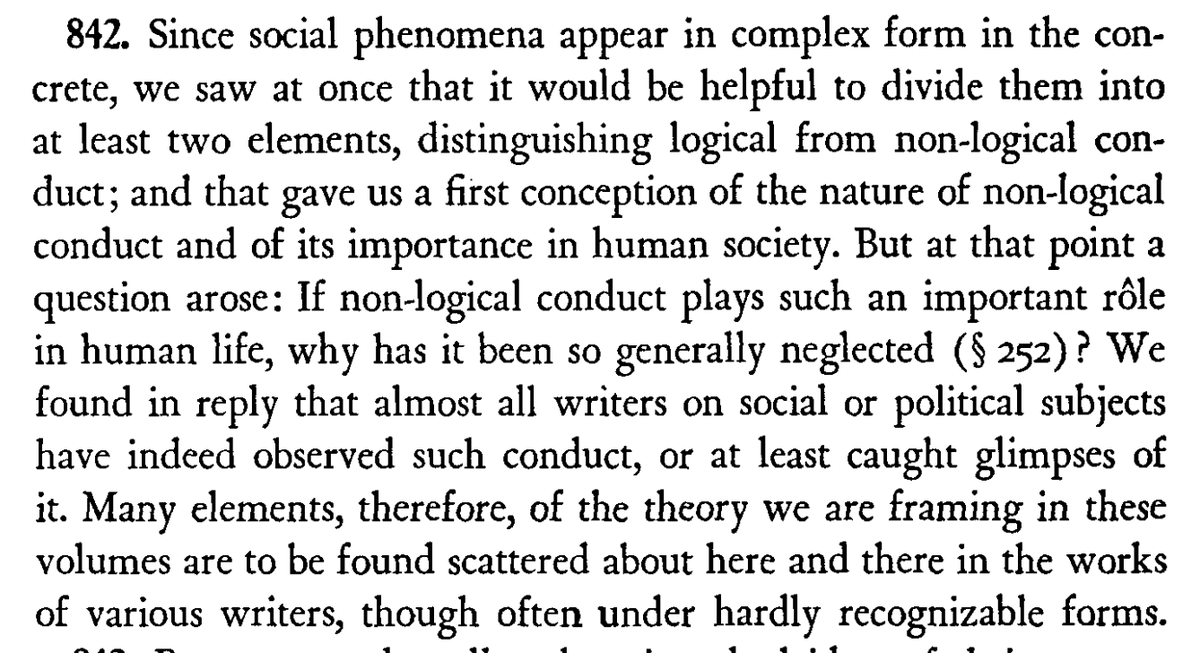
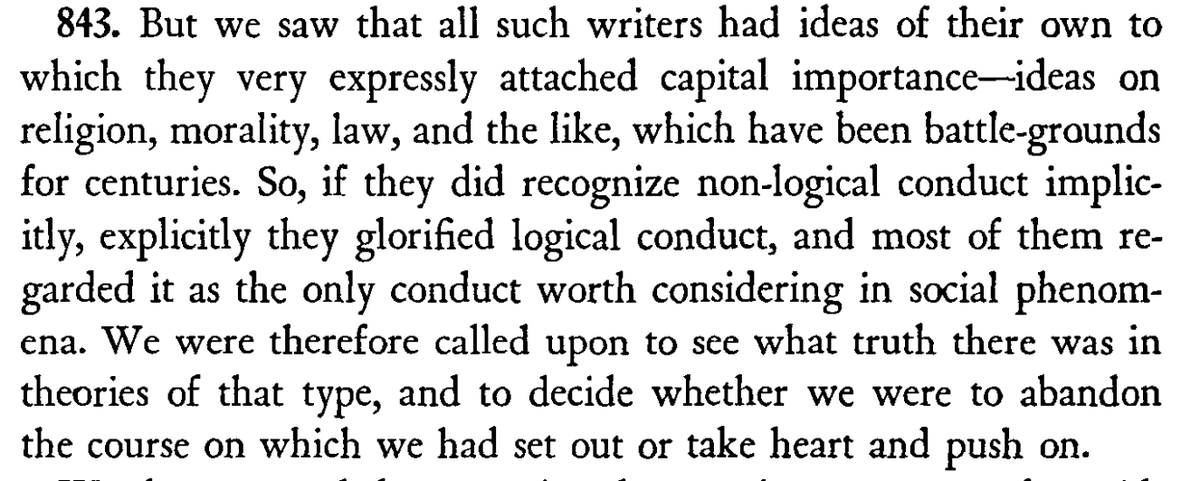

In analysing descriptions and justifications of non-logical behaviours, he distinguished two elements distinct elements or strategies: an almost unchanging "instinctive" element, and a more fluid "deductive" element. 
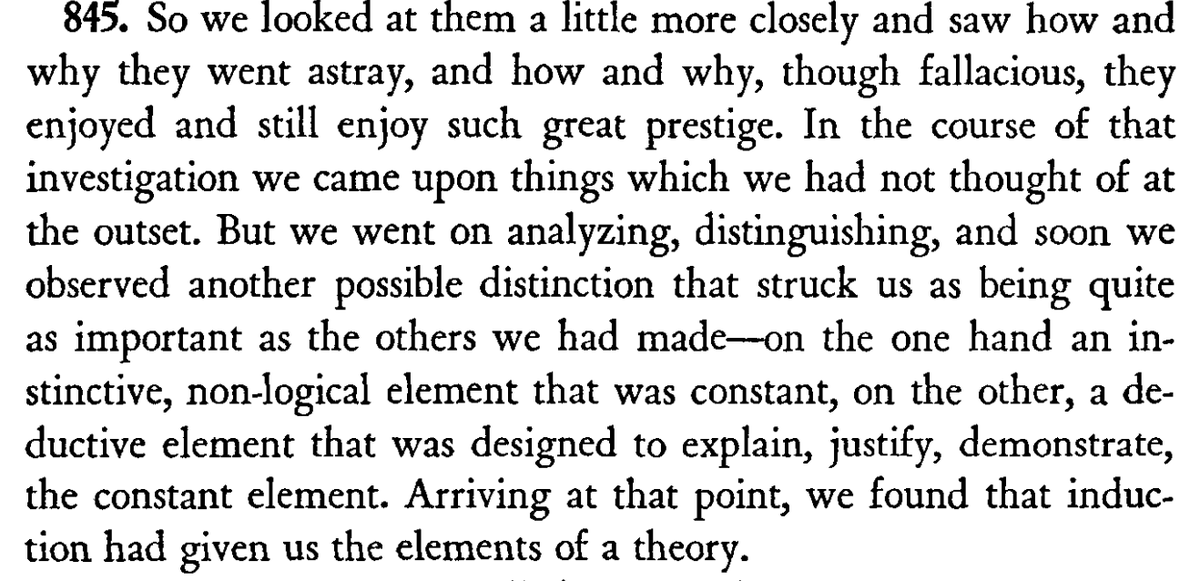
These two elements together make up Pareto's theory of what he calls "derivatives". A "derivative" is a theory of social reality arrived at through non-logical or experimental means. It is "derived" from a "residue" (a) by means of a "derivative" (b).
A "residue" is derived from instinct or sentiments, although it is not itself the instinct or sentiment as such. The translator notes that Pareto likely chose the term "residue" to indicate "what is left behind" when any variable sentiments have been eliminated.
"Derivations" are the "logical reasonings, unsound reasonings, and manifestations of sentiments" used to explain actions or circumstances that arise from residues. They are simpler to grasp than residues as a concept – you'll probably be familiar with all the types given here. 






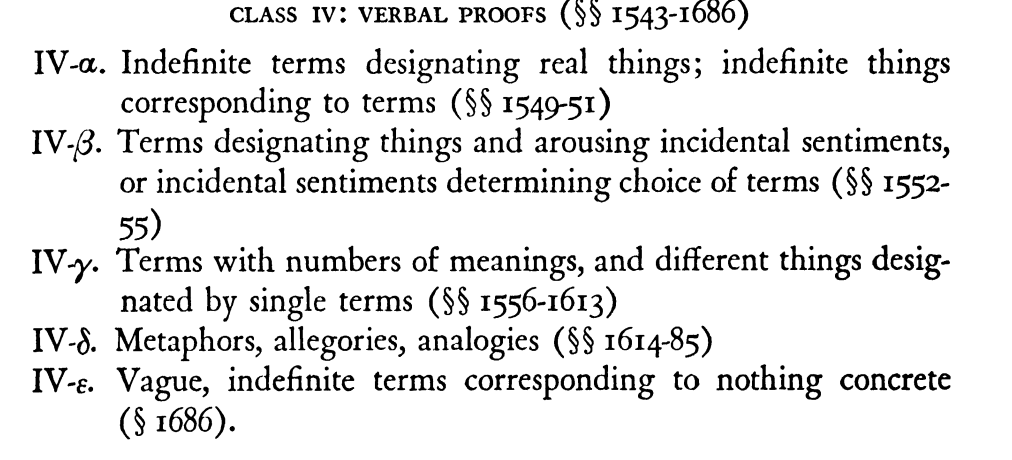
Pareto's classification of residues is a bit more complicated. He identifies six broad categories that are important in societal formation and continuation:
1. Combination
2. Group persistence
3. Activity and self-expression
4. Sociality
5. Individual integrity
6. Sex
1. Combination
2. Group persistence
3. Activity and self-expression
4. Sociality
5. Individual integrity
6. Sex
If you link these residue types to various derivation types, you'll immediately begin to realise that "derivatives" are all around you. This doesn't necessarily mean they are good or bad: many derivatives contain a great degree of truth, some contain none whatsoever.
But it's instructive to maintain awareness of them so that you can develop a better understanding of why some people preferentially refer back to nonsensical arguments for particular courses of action, in the personal and public spheres.
The theory of derivatives is also a cornerstone of Pareto's other, more important contribution to sociology: the theory of circulation of elites.
Many readers will already be familiar with this term from Burnham's "The Machiavellians." The Machiavellians suffers heavily from being written very shortly after "The Managerial Revolution", which has in many ways been repudiated by history.
For our purposes, we need only note that Burnham counselled what he believed to be his new managerial overlords that they should permit some forms of democratic and meritocratic organisation to allow for a controlled "circulation of elites" to ensure the state remains strong.
"Circulation of elites" in Paretian terms can't be controlled. It is the principle underlying all regime changes, even and especially those which are sold as being "revolutions from below." In all instances, what's actually happening is the replacement of one elite by another.
The role of non-elite actors in a circulation of elites is not as instigators, but as supporters and instruments of one elite or another.
To Pareto, "elite" is a value-neutral term. It simply means "the group of people who have the highest indices in their branch of activity."
For societal purposes, he segments the elite into a "governing elite", comprising those who participate directly or indirectly in the governance of a society, and the much larger non-governing elite", who do not.
Ambiguity arises from the fact that a member of the governing elite might not actually "deserve" his position in purely meritocratic terms. When the governing elite builds up a large enough proportion of people who are not actually "elite", the risk of circulation grows.
The theory of derivatives and the theory of elite circulation intersect with reference to the first two "classes" of residues, which Pareto singles out as being particularly important to social equilibria and elite behaviour.
Class 1 residues arise from the human instinct towards combining and analogising similar and non-similar things and concepts. The combinations drives are often non-logical, but they serve an important function in invention and creative acts, and establishing groups and ideas.
Class 2, the "persistence of aggregates" or "group persistence" residues, arise from the instinct to keep a group (or combination) which already exists together. Pareto notes that residues of this type are key in maintaining social institutions.
Pareto asserts that the relative proportions of these residues at play in a given society – particularly within the elite classes – will have a significant effect on that society's fortunes (although there proportions are sufficient to explain or cause everything).
Pareto uses Athens and Sparta as examples of historical societies in which Class 1 and Class 2 residues have been dominant, respectively. He also notes what is likely to happen to a society in which Class 2 residues are either too strong or weak. 
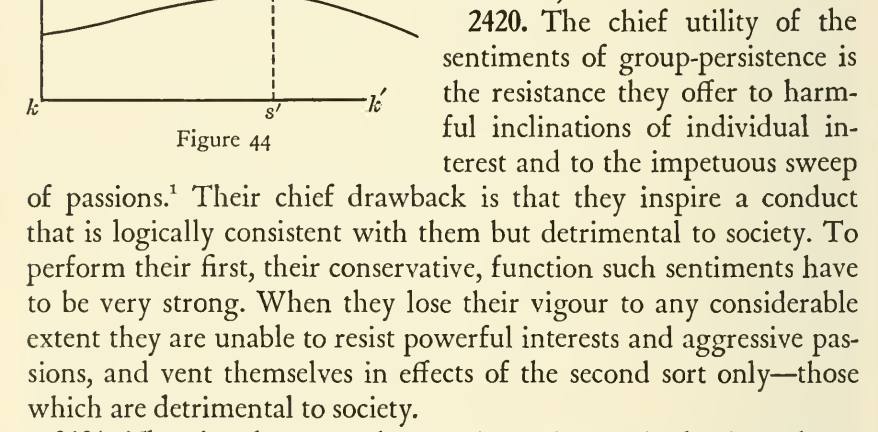
To contrast, a society in which the elite is so "overbalanced" towards Class 1 will find it difficult to encourage or take advantage the necessary Class 2 instincts in its population, becoming wildly speculative.
Proper balance between these residues ensures the ability to innovate and the ability to make use of novelties to a common purpose. Pareto also notes that societies are most effective when Class 1 predominates in the elite, and Class 2 predominates in the subordinate classes.
Pareto uses Thebes and Macedonia as foils to Athens (whose combination instinct overrode their ability to maintain social cohesion) and Sparta (unable to innovate due to overly-restrictive mores), with Macedonia winning over Thebes thanks to its more steadfast subordinate class.
What interests me in all this is the question: what happens to a society in whose governing elite neither Class 1 nor Class 2 residues are operating strongly enough to ensure coherent action, but in which the normal circulation of elites has been arrested through inertia?
• • •
Missing some Tweet in this thread? You can try to
force a refresh




